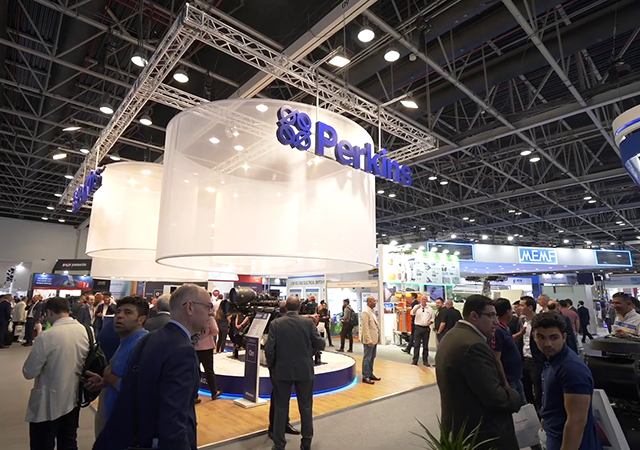
 GE: driving innovation
GE: driving innovation
GE has announced its new global Powering Efficiency Center of Excellence (COE), which brings together cross-business experts in its energy businesses to apply a total plant hardware and software solution approach to boost the efficiency of the world’s new and existing coal-fired power plants and significantly reduce their emissions.
The global COE, headquartered in Baden, will create integrated solutions as well as provide vision and oversight around the world, the company said.
Regional teams will focus on engineering capabilities and local execution. The COE will bring together the combined experience of a cross-business group of experts from GE’s Power Services, Steam Power Systems, Global Research Center and other business units.
The COE aligns with GE’s recent study that found carbon dioxide (CO2) emissions from the world’s steam fleet can be reduced by 11 per cent when existing hardware and software solutions are fully applied. Coal-fired power generation provides electricity for about 40 per cent of the world. It also accounts for nearly 75 per cent of the electricity sector’s carbon emissions because many plants are older and inefficient.
‘’The world’s coal-fired power generation assets are critical to meet the everyday energy needs of communities and industry not just today but also well into the foreseeable future. While GE works across various fuel sources, including renewable energy sources, we recognise the urgent need for efficient coal solutions to reduce emissions and bring reliable energy online,” said Joseph Anis, president and CEO of GE’s Power Services business in the Middle East and Africa.
“The launch of GE’s Powering Efficiency COE highlights our commitment to offer integrated solutions that meet the total plant requirements of customers who own and operate coal-fired power plants for enhanced outcomes.”
The newest coal plants being built using GE’s ultra-super critical technology can deliver up to 49 per cent efficiency rates–significantly higher than the global average of 33 per cent. Every point of efficiency reduces operating costs over the lifetime of the plant while also reducing CO2 emissions by approximately 2 per cent, it said.
Modern coal-fired power plants rely on a complex network of sensors, digital controllers and supervisory computers to operate and coordinate plant subsystems. GE’s digital capabilities and portfolio of air quality control systems can help further lower atmospheric emissions to meet or exceed the world’s strictest regulations.
In addition, the Powering Efficiency COE will provide a set of financing solutions to help customers develop transformative projects toward a lower carbon intensity power generation mix, said the statement.
GE has been bringing its advanced solutions to equip coal power plants across the Middle East, North Africa and Turkey (Menat) region.
Sacha Parneix, commercial general manager for GE’s Steam Power Systems business in Menat, said: “The UAE, Turkey, Pakistan and the wider Menat region are increasingly strengthening and diversifying their energy sector. Coal presents a new opportunity to expand the alternative energy base in the region, and GE’s advanced solutions for cleaner and smarter steam power support our customers in utilising this resource in an efficient manner and meeting the region’s growing energy needs and sustainable development goals.”
In Turkey, the first ultra-supercritical coal-fired power plant using GE’s advanced technology, is now entering the commissioning phase at Karabiga.
In the UAE, GE has signed an engineering, procurement and construction (EPC) agreement along with Harbin Electric International for the Hassyan Project by Dubai Electricity and Water Authority (Dewa). The landmark project which is aligned with the Dubai Clean Energy Strategy 2050 will produce 2,400 MW of net electricity using GE’s ultra-supercritical technology while meeting emissions requirements more stringent than the ones applied in Europe. The first phase of the project has four units of 600 MW capacity, and is a strong statement on GE’s commitment to support efficient, diverse energy solutions in the region with a low environmental footprint.











